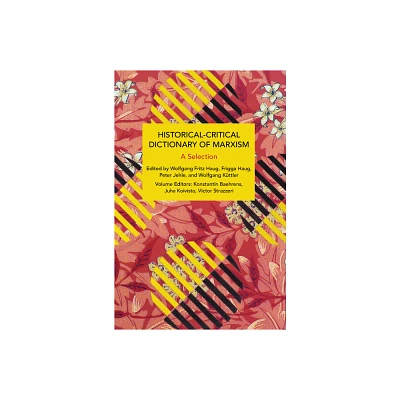Home
Reading Joshua: A Historical-Critical/Archaeological Commentary
Loading Inventory...
Barnes and Noble
Reading Joshua: A Historical-Critical/Archaeological Commentary
Current price: $34.25


Barnes and Noble
Reading Joshua: A Historical-Critical/Archaeological Commentary
Current price: $34.25
Loading Inventory...
Size: OS
*Product Information may vary - to confirm product availability, pricing, and additional information please contact Barnes and Noble
Reading Joshua
was written for anyone who wishes to engage critically one of the most, if not the most, problematic and troublesome books in the Bible. Using the best of current historical-critical studies by mainstream biblical scholars, and the most recent archeological discoveries and theorizing, Laughlin questions both the historicity of the stories presented in the book as well as the basic theological ideology presented through these stories: namely that Yahweh ordered the indiscriminate butchery of the Canaanites. This ideology is criticized for what it is: a xenophobic and genocidal approach to the issue of how human beings should act toward one another in a multi-cultural world. Read against the backdrop of the Babylonian Exile (sixth century BCE), these stories may have served well the purpose(s) of their author(s). Thus these troubling accounts may have had their time and place, but that time and place is not the twenty-first-century world in which we now find ourselves.
was written for anyone who wishes to engage critically one of the most, if not the most, problematic and troublesome books in the Bible. Using the best of current historical-critical studies by mainstream biblical scholars, and the most recent archeological discoveries and theorizing, Laughlin questions both the historicity of the stories presented in the book as well as the basic theological ideology presented through these stories: namely that Yahweh ordered the indiscriminate butchery of the Canaanites. This ideology is criticized for what it is: a xenophobic and genocidal approach to the issue of how human beings should act toward one another in a multi-cultural world. Read against the backdrop of the Babylonian Exile (sixth century BCE), these stories may have served well the purpose(s) of their author(s). Thus these troubling accounts may have had their time and place, but that time and place is not the twenty-first-century world in which we now find ourselves.


















